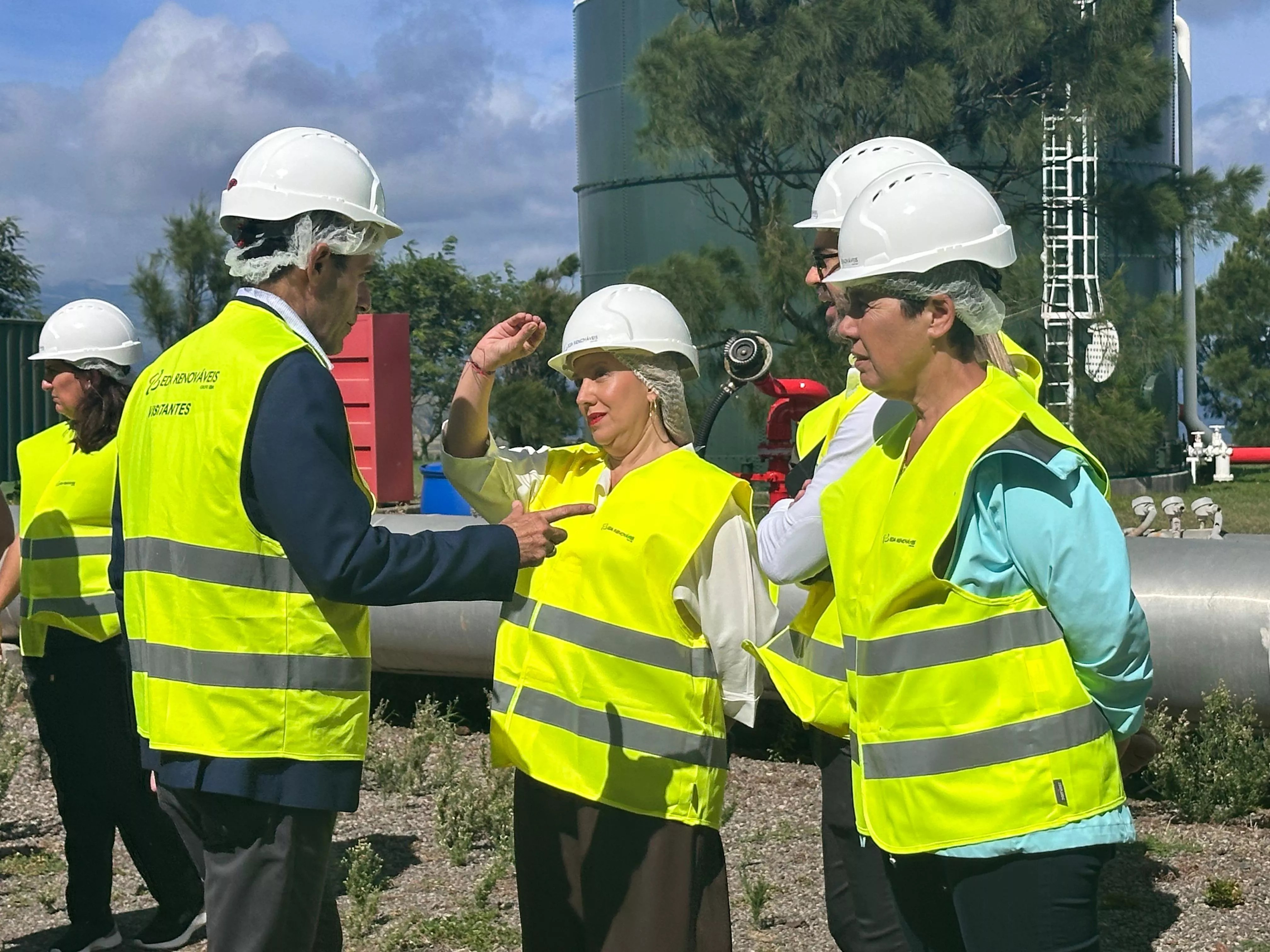The capital of Tenerife is set to implement its inaugural strategic employment plan aimed at establishing priorities in combating unemployment. This initiative will provide “Santa Cruz with a comprehensive training and employment assessment, a directory of educational resources, and a strategic plan to elevate our city’s standing in active employment policies, a vital instrument against social exclusion,” declared the mayor, José Manuel Bermúdez, during the municipal state debate yesterday.
During an extensive speech outlining both the accomplishments and forthcoming challenges facing the local administration (CC and PP), the mayor stated, “The financial stability of the municipality has solidified, and 2024 is anticipated to be a year of growth, just like this year. Unemployment has decreased to levels not witnessed since 2008, with the current unemployment count at 17,388 individuals; that means over 143,000 people are employed in Santa Cruz.”
“Our commitment is to keep working until the personal, familial, and social crisis of unemployment is minimised. All our efforts are directed towards this goal. Furthermore, in Santa Cruz, 143,120 jobs have been created, marking an increase of 3.06% from last year, and the municipality continues to be the area with the highest job concentration on the island,” he added.
Bermúdez indicated that “the newly established Commerce Bureau and the Commerce Master Plan are continuously working to enhance the sector and aid its adaptation to contemporary demands. The synergy between tourism and commercial stimulation is crucial, which is why we are striving to promote shopping tourism as a job creator.”
The mayor emphasized that in the 2025 budget, which amounts to approximately €369 million, “there has been an increase in allocations concerning social services and programmes for social development, along with initiatives promoting employment. People-oriented policies account for over 80% of the total budget.” He further mentioned, “Additionally, significant European funding has been secured to undertake substantial projects impacting the city, alongside new initiatives that will be introduced.”
“I am here to advocate for,” said a project characterised by stability, resilience, and transparency, which is essential in these complex times, “and he took the opportunity to reach out to opposition groups, particularly socialist Patricia Hernández,” in order to establish agreements that will continue to advance future initiatives for Santa Cruz, despite our limited interaction, I believe the city’s interests come first, above all else.”
Moreover, Bermúdez unveiled that another focal point of municipal policy will be mobility, for which “an investment of four million will be allocated toward the modern mobility control centre, poised to transform our capital.” This new facility will not only manage and oversee the traffic in the capital, but also the entrances, traffic lights, electric vehicle charging stations, loading and unloading areas, parking provisions for those with reduced mobility, and the green and blue parking spaces. A genuine transformation in sustainable mobility is promised by this facility, with potential for further applications in the future.
Other challenges concerning access to housing were addressed, acknowledging that “the strong rapport with the Canary Islands government and the Cabildo enables us to invest in new developments within the municipality, even though national legislation poses challenges,” stated the mayor. He also highlighted the Santa Cruz Verde 2030 project, which will facilitate the expansion of the city into the land currently occupied by the refinery, detailing “upcoming projects aimed at transforming the capital into a place where people want to live.” This new city will eventually include recreational areas within the future Palmetum ring, the construction of Añaza Maritime Park, and the execution of the Special Plan for Las Teresitas.
“We have reasons to be optimistic, but as long as there remains an unemployed chicharrero without their basic needs met or a minor at risk of exclusion, we cannot find satisfaction. Support for those most in need will always be our top priority,” he asserted.
A Debate Marked by Tensions Between Bermúdez and Hernández
The state of the municipality debate evolved into a battleground of accusations between opposing sides. The PSOE spokesperson, Patricia Hernández, charged the mayor, José Manuel Bermúdez, with “taking far too long to realise projects yet numbing us with speeches proclaiming the restoration of housing; the upgrade of football pitches or children’s parks, initiatives I spearheaded during my time as mayor, are being touted as current achievements even after 14 years in office.”
Hernández noted, “I did not come here to applaud, but to highlight what is going wrong,” citing the IMAS policy, the parking strategy, cycle lanes, and the non-declaration of Santa Cruz as a tension area aimed at lowering rental prices.
Bermúdez countered the socialist’s remarks, stating “you’ve turned this debate into a personal exchange between us, providing data that holds less credibility than Milli Vanilli. When you’re in opposition, everything seems solvable, yet during your time in power, nothing was accomplished. Nevertheless, I invite you to collaborate on the future of our city.”
CC and PP Call for a Grand Pact for Santa Cruz
Both the mayor, José Manuel Bermúdez, and PP spokesperson, Carlos Tarife, urged for a significant agreement for Santa Cruz during yesterday’s municipal state debate. They extended an invitation to socialist Patricia Hernández, who responded, “If the citizens desire it, any actions to be undertaken must be consulted, like the proposed hotel at Las Teresitas.”
Tarife remarked that “the city must transcend personal opinions to plot the roadmap for the years ahead, defined by the approval of the General Plan or the pressing need for a new land law from the State.”
CC spokesperson, José Alberto Díaz Estébanez, added that “management should not be a spectacle” and challenged the PSOE to “negotiate for Santa Cruz rather than for personal accolades.” Meanwhile, Vox spokesperson Alejandro Gómez advocated for “increased municipal efforts to address the city’s issues.”
















